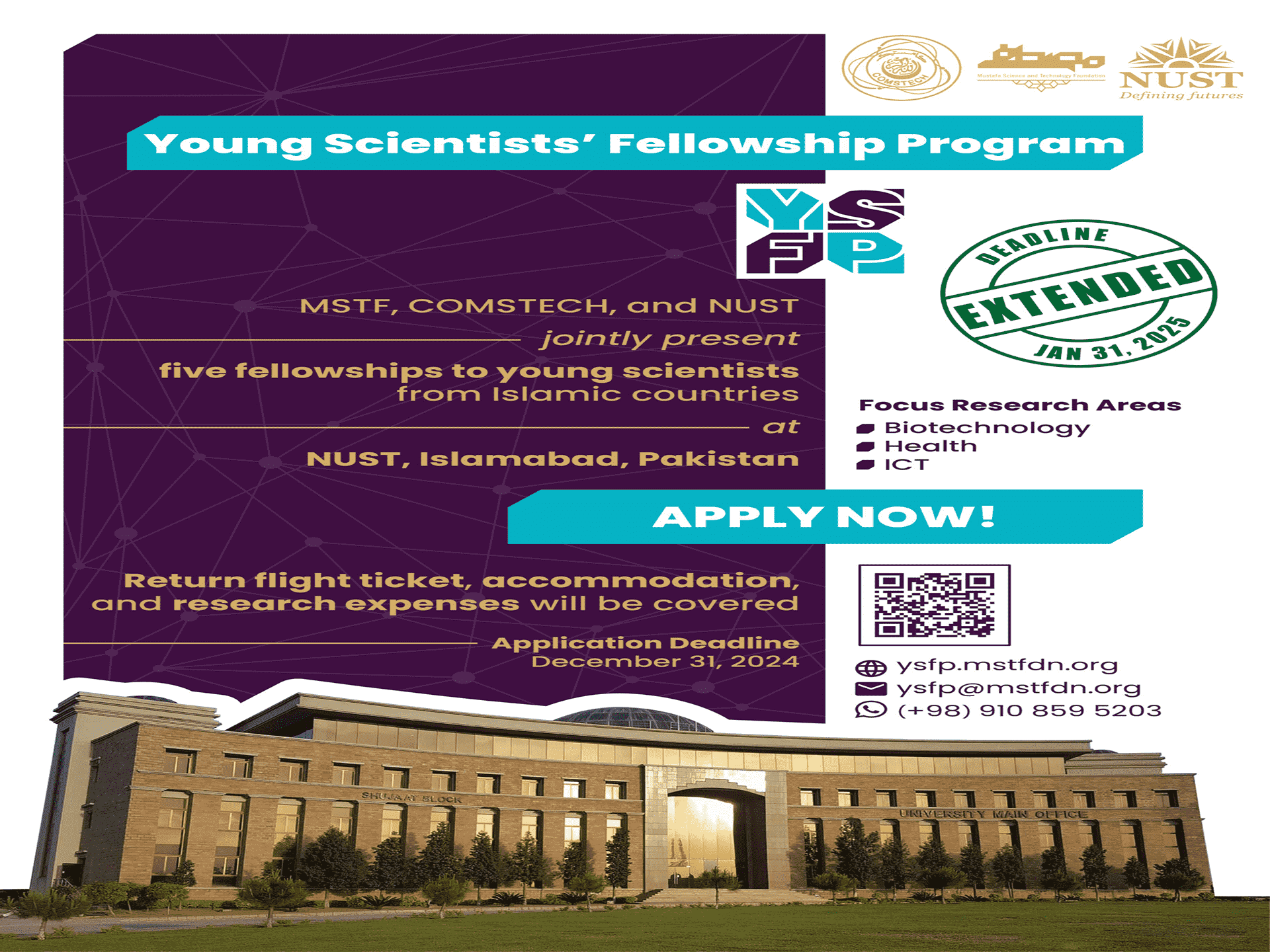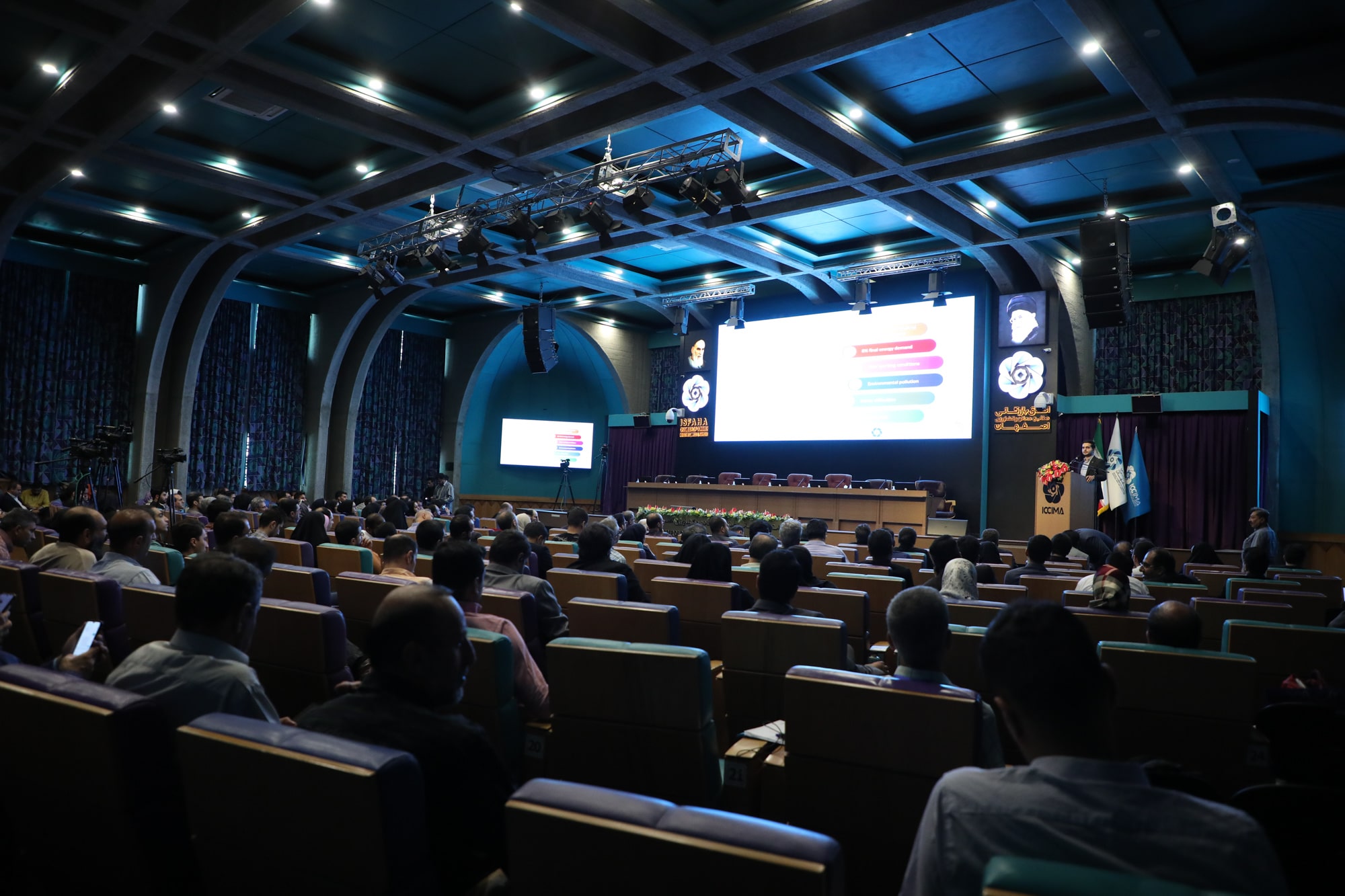TOP STORIES

Renewable Energy Scientist Blasts EU's Palm Oil Biofuels Ban
10 Nov. 2019
MSTF Media reports:
During the afternoon period of the specialized programs on water-energy-environment nexus in Sharif Energy Research Institute, three panels addressed various aspects of the issue. The first two panel discussions addressed the advancements in energy storage and energy conservation technologies, as well as energy-efficient desalination and water recycling methods, respectively.
The third panel discussion dealt with the role of renewable energy in global transformation for a sustainable energy future. The first speaker of the panel, Kamaruzzaman Sopian, the director of the Solar Energy Research Institute of the National University of Malaysia, discussed the latest trends in the field of renewable energies. He addressed the role of renewable energy for global transformation for a sustainable future by presenting the innovations in the renewable energy conversion system for a carbon-free future, which includes innovation in the following areas: systems, enabling technologies, business models, and market regulations.
According to Sopian, innovation in RE (Renewable Energy) is important, because it leads to full utilization of renewable energies by 2050. The use of RE will decrease carbon emissions and lead to a carbon free future. Hence, networking among scientists is important to share knowledge and increase collaboration for producing more scientific output in this field.
Saad Mekhilef, professor at the University of Malaya, discussed the issue of energy trilemma: affordability, reliability, and sustainability. According to him, whatever renewable energy that is designed must meet these three conditions, that is, it must be affordable, reliable, and sustainable. This trilemma proposed by Mekhilef makes the transformation slow.
He also stated that policymakers have different views: policy social equity, environmental impact, and energy security. These factors make sustainable energy processes more complicated than expected.
He also looked at the statistics of global fuel consumption and concluded that Asia-Pacific consumes a great deal of fuel. There is a large demand of renewable energy in these countries due to the large industry. China and India are also the leaders of renewable energy.
He listed a number of reasons why there is a need for renewable energy based sustainable future, which include global warming, improved public health, inexhaustible energy, jobs and other economic benefits, stable energy prices, reliability, and resilience.
Hashem Oraee, professor of electrical engineering at Sharif University of Technology, elaborated on the major developments that are going to occur in the next three decades. A marked increase in electrification, energy efficiency, renewable energy, and decarbonization are the main four issues that need to be dealt with in the next 30 years, he claimed.
He also talked about global energy demand and showed that the amount of electrical energy used by the world has been increasing during the previous years. He maintained that demand for electrical energy will be doubled by 2050. Interestingly enough, two-third of the energy will be provided by wind and solar energy.
He made predictions of the amount of electrical energy used in the future, claiming that there will be a reduced demand in transport section, because of the following reasons: the increased use of electric cars and our moving towards a sharing economy.
He also stated that there will be a drastic reduction in the usage of coal, oil, and natural gas in the next three decades. Overall, the global GDP will increase rapidly in the next three decades. Interestedly, primary energy demands will be reduced because of improvements in energy efficiency and an increase in electrical energy and renewable energy demand.
Keat Teong Lee, professor at the School of Chemical Engineering, University of Malaysia, pointed out the importance of solar and wind energies.
He was highly critical of EU’s ban on palm oil in biofuels and believed that by 2030 this ban will cause huge problems.
Net palm oil production is more efficient in preventing climate change through biofuel than alternative crops, he believed. In Europe more than 80 percent of the land is developed by the deforestation that has happened in Malaysia and Indonesia. In other words, Malaysia and Indonesia have to pay the cost of development, while they remain less developed.
According to him, oil palm production is a huge industry in Malaysia accounting for 5-6 percent of Malaysia’s GDP. In terms of agriculture, palm oil is an important part, bringing many people out of poverty. He argues that the ban on palm oil imposed by EU is wrong and unfair because the world has no lack of food, but lack of energy. The issue of hunger is less critical than the issue of energy, he believed.
He stated that a truly sustainable energy future can only be achieved with a shift in societal mindset and lifestyle change to go hand in hand with technological and economic advancement in renewable energy development.
According to him, "We will always find more and more reasons to use energy," because as the population grows, increased consumption of energy occurs.
Hussein Kazem. Professor of the Faculty of Engineering, Sohar University, presented on "Solar Photovoltaic in Oman, Status and Prospects."
He shared the results of his research with a focus on serving the community. He investigated the performance parameters of PV system in Oman, such as tilt angle, dust, module temperature, cell temperature, productivity, and efficiency.
He believed that the skills of Omani personnel who will become specialized in the field of solar energy systems need to be improved.
He further discussed the state-of-the-art sensors he used in building his laboratory.
He pointed to the importance of disseminating work among public and engaging common people. This is because in research centers and universities people talk in the same scientific language, but the public who receives the impact needs to be involved, too. Therefore, he suggested that schools need to involve children, and the public, in general, needs to attend scientific labs and sites to observe and participate in scientific events. Awareness needs to be spread in general. He believed that scientists need to disseminate their information not only to scientists but to the public as well.







